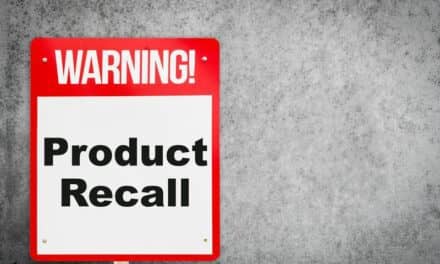The responsibility for initiating medical device recalls traditionally falls on the manufacturer to protect patient safety. However, in the wake of high-profile safety incidents, the U.S. FDA has held two public meetings in the past year to explore improvements to the agency’s notoriously slow-moving, paper-dependent recall system.
Reliance on paper communications and mail services to deliver recall notifications, limited use of device-specific identifiers and a lack of data reporting standardization results in a system that can take weeks for hospitals to learn about a manufacturer’s recall and months for patients to discover they’re using or have been implanted with a defective product.
The system also lacks uniformity, with crucial steps varying by the company issuing a recall, the hospital addressing a recall or the specific product at issue.
Nancy LeMaster, a consultant specializing in the healthcare supply chain, said while consumers can check on recalls for products like peanut butter directly on their smartphones as they shop, medical device recalls are burdened by decades-old communication methods.
Read the article in its entirety at MedTech Dive.




